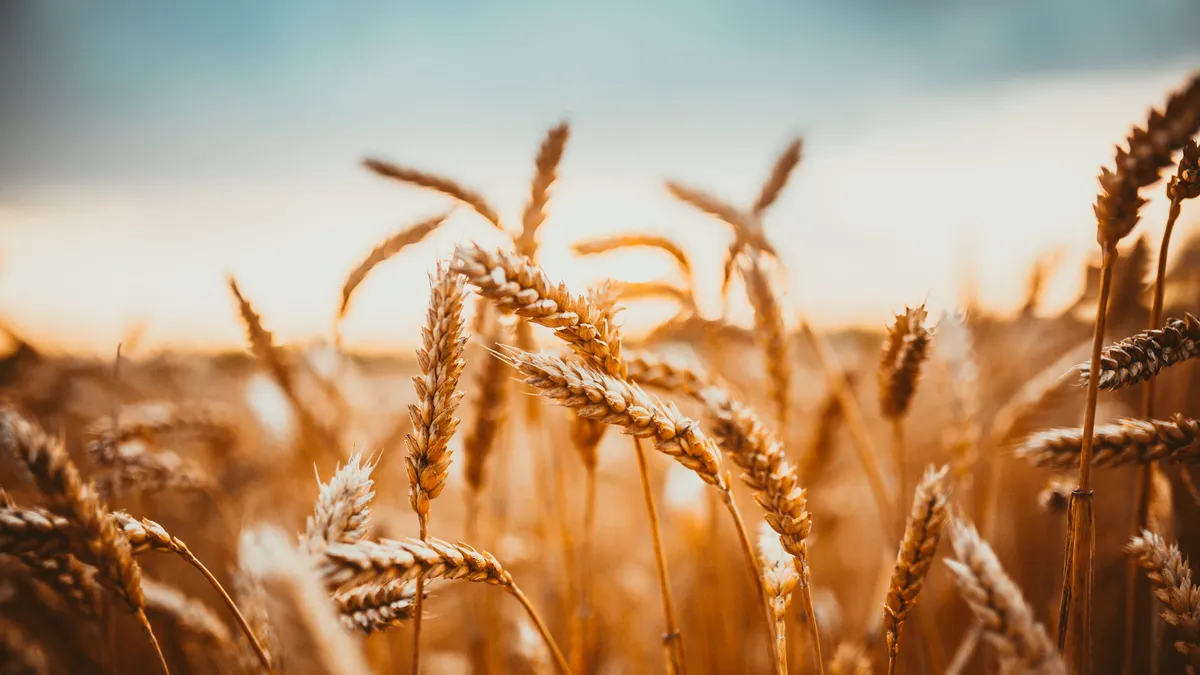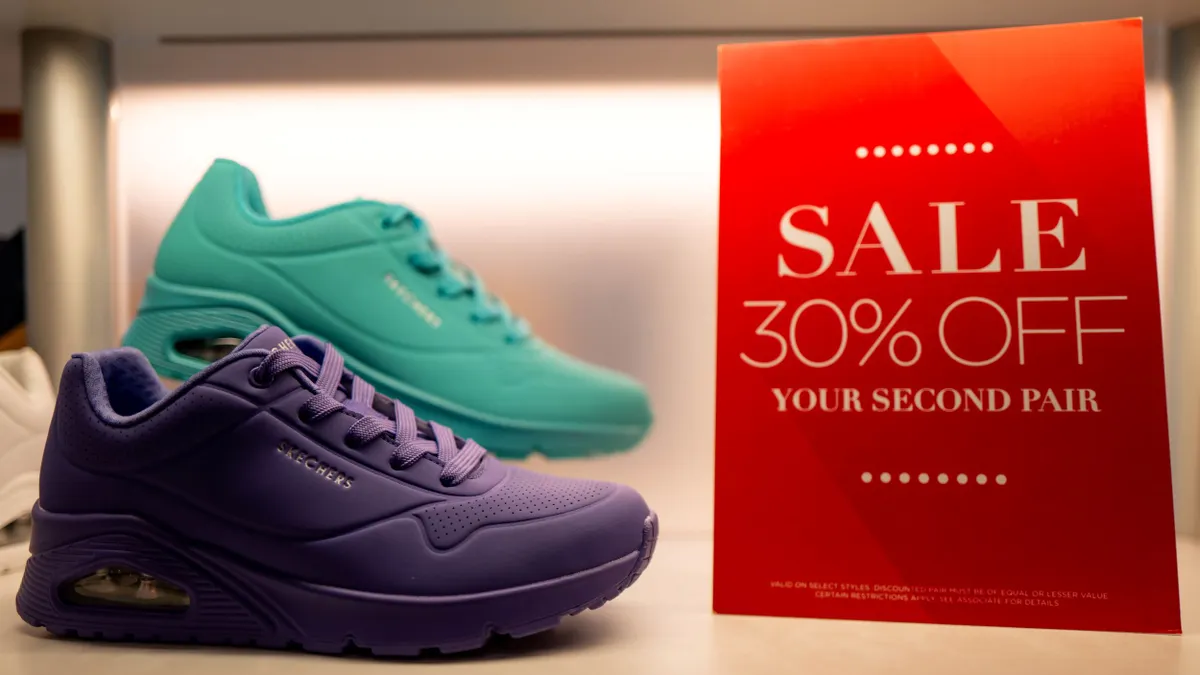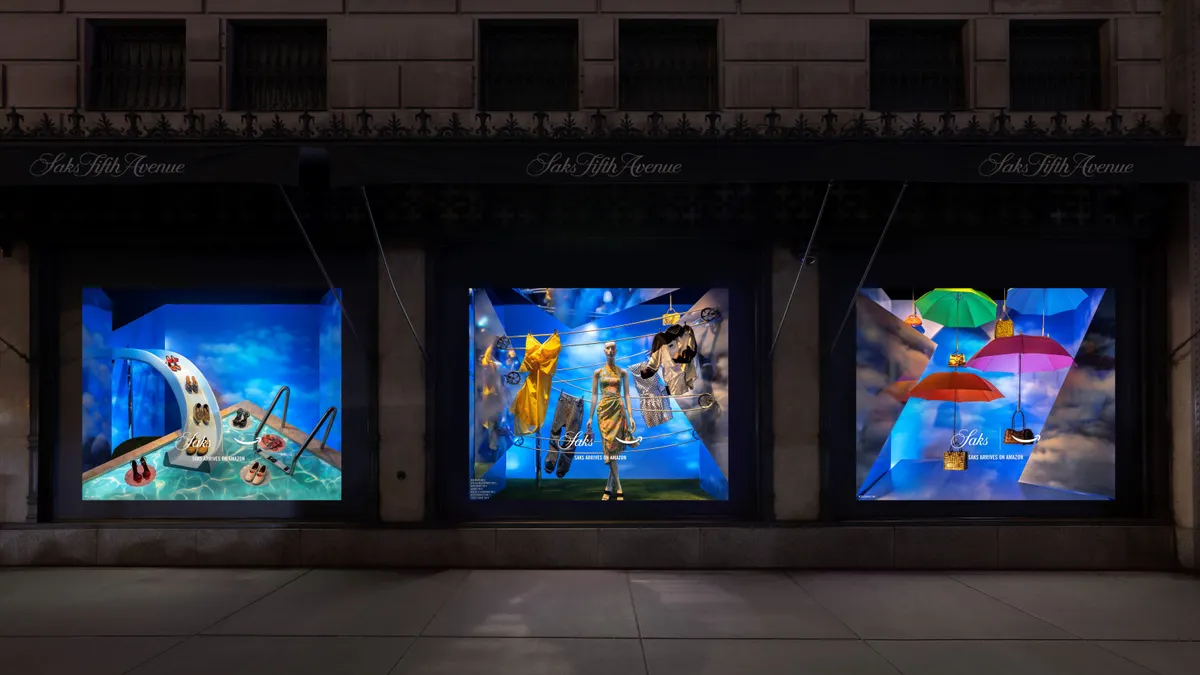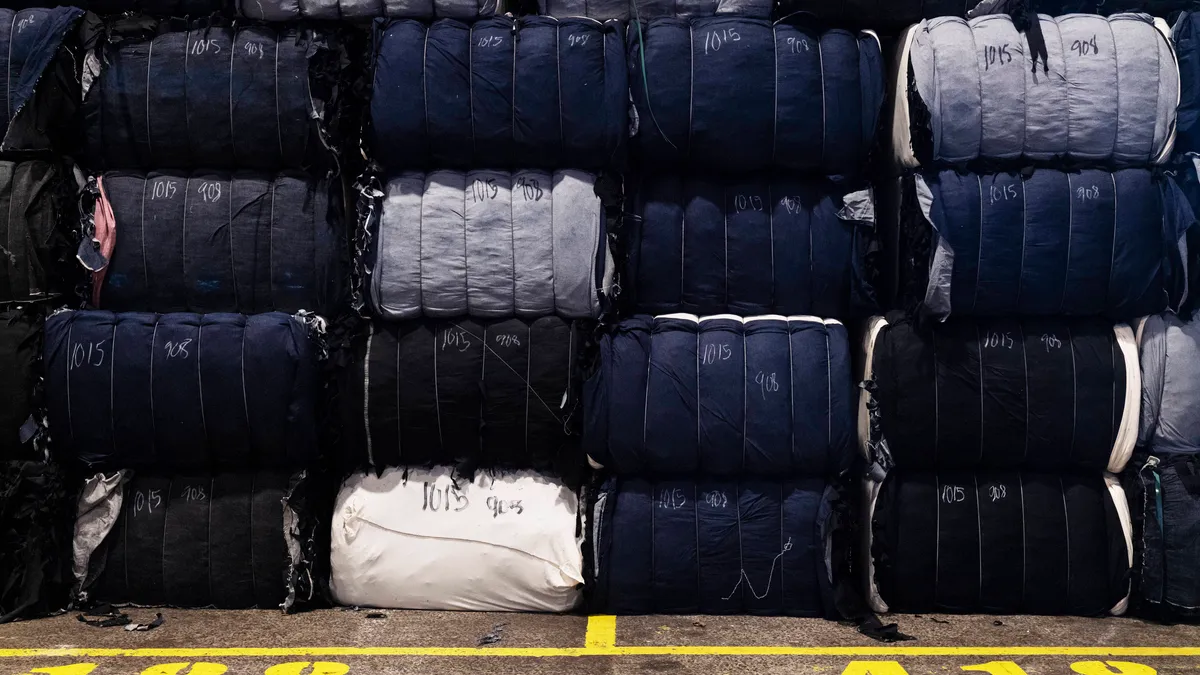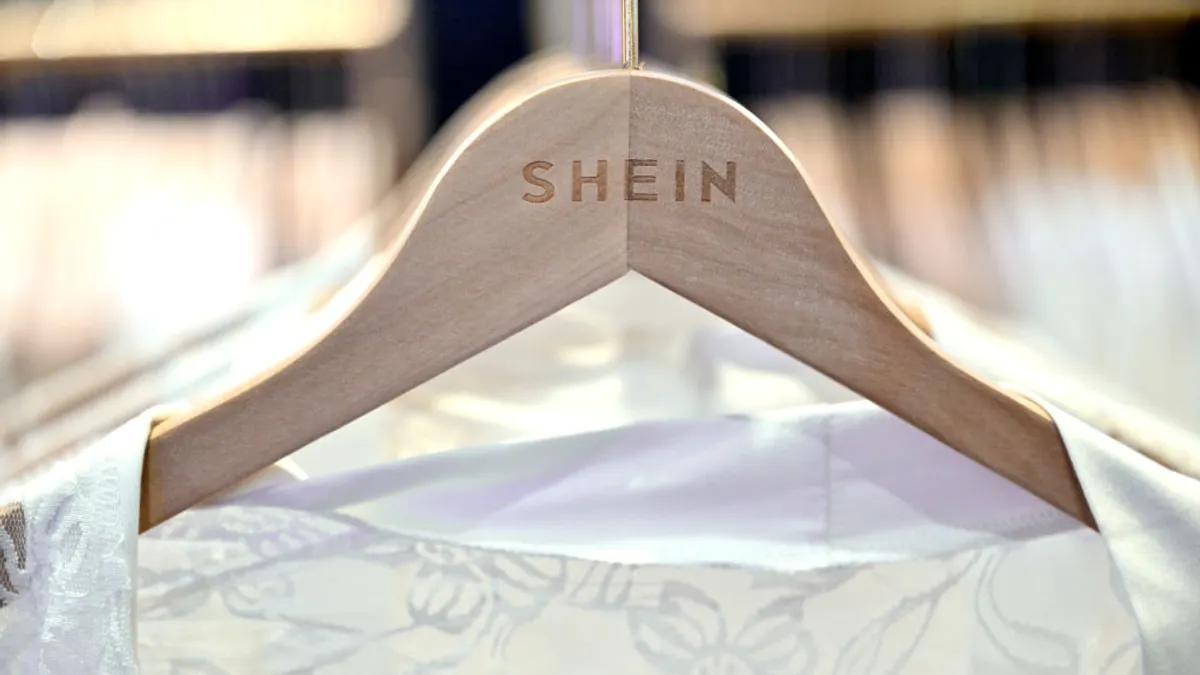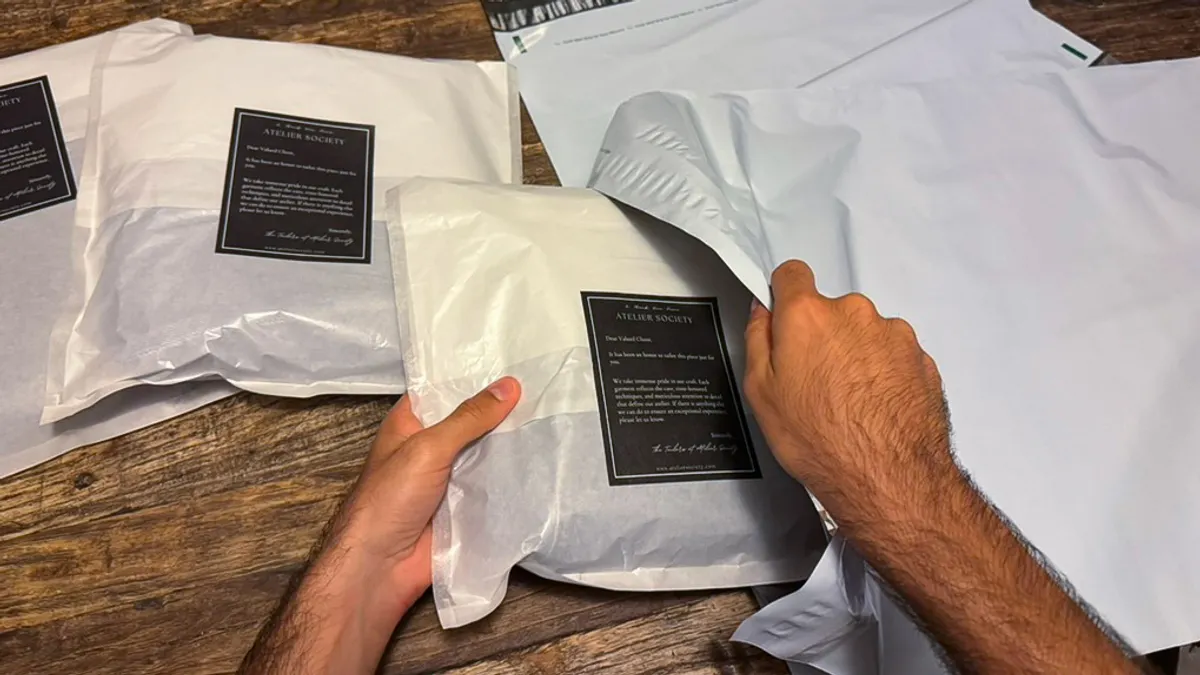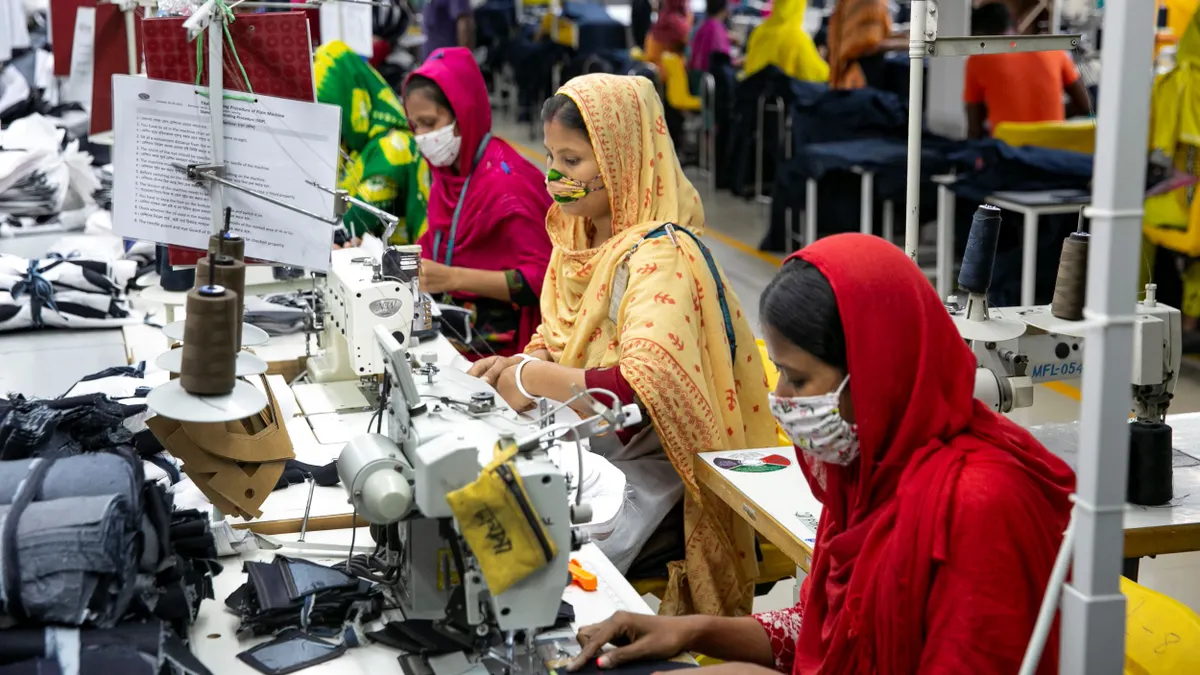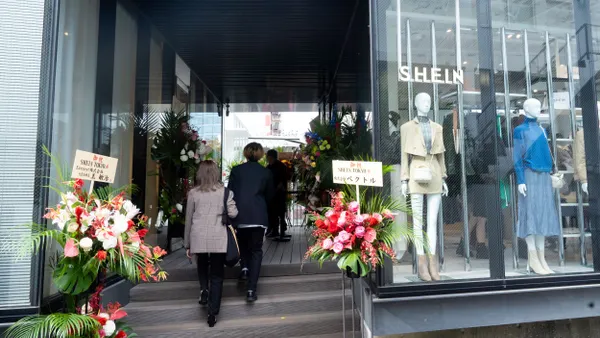Stephanie Downs is the co-founder and CEO of Uncaged Innovations. All opinions are the author’s own.
For decades, sustainability professionals, vegans and farmers have been at loggerheads. According to the United Nations Environment Programme, livestock emissions account for 32% of global methane emissions, negatively impacting our climate, ozone formation, air quality and public health. This, coupled with the significant water usage required for animal farming, have fueled debates and deepened divides. Despite the fact that the world would starve and global economies would crash without farmers, farming is too often a thankless vocation.
Nowadays, veganism extends beyond just food; it’s a way of life. Eco-conscious consumers are on the rise and actively seeking to move away from fast fashion in favor of more sustainable retail products. According to recent research, the global second-hand apparel market size was valued at $196.56 billion in 2023 and is projected to grow to $593.72 billion by 2031. In the U.K., TV program “Love Island” moved in 2022 to select eBay as its exclusive fashion partner, placing a brighter spotlight on pre-loved clothing and signaling a change in public perception towards polluting and harmful corporations. As a result, eBay saw a 7000% increase for second hand clothing on its site.

Having said that, there is still an issue when the vast majority of vegan materials available are actually made of plastic, contributing further to environmental issues. However, plants and the power of technology are putting new alternative materials into the spotlight. Not only are they addressing the ethical and environmental concerns associated with traditional leather and other synthetic-based leather substitutes, but they are also opening up an interesting — and lucrative — opportunity for farmers.
New revenue ‘roots’ for farmers
As these new materials continue to enter the market and mature, the fashion industry has been quick to catch on. In 2023, Stella McCartney, who is an established advocate for sustainable vegan fashion, announced a new partnership with Veuve Clicquot to develop a pioneering new leather alternative crafted from wine production by-products. Other companies are making handbags made from plant-based cactus leather, apple leather and mushroom leather, while companies like Jaguar Land Rover are exploring the use of biomaterials that are made from grains for their vehicle fleets. The latter leverages grain farmers globally by fusing plant proteins with other bio-based elements to create fibril networks, replacing the animal collagen required for traditional leather while mimicking its texture and performance.
So where do farmers come into the picture?
Farmers are critical in helping these alternative materials to scale. Traditionally, farmers have sold on the commodities markets to cattle farmers, which typically offers lower profit margins. However, bringing farmers closer to the sustainability community — for example, biomaterials manufacturers — opens up a new world for them in luxury products by supplying the raw materials needed for high-end fashion products, with significant financial and reputational benefits to be reaped.
Redefining the farmer’s role in sustainability
Growing up in a farming community, I witnessed firsthand the immense challenges and hard work that farming entails. While I remain committed to supporting animal rights across the board, I also recognize the critical role that the farming industry plays in sustaining our world. We must acknowledge the dedication and effort that farmers invest in their work. For too long, farming has been associated with environmental degradation. I want to help change that.
Consumers are becoming more environmentally conscious. By embracing and supporting the production of sustainable biomaterials, farmers can future proof their own business models and counter the common environmental criticisms leveled at them with evidence. By contributing to the creation of environmentally friendly products, farmers can play an active role in mitigating climate change and promoting sustainability.
Fashion, farming and the future
Moreover, this collaboration presents a compelling proposition for investors. The growing demand for sustainable products, coupled with the potential for high-profit margins in the luxury sector, makes investment in next-generation biomaterials a smart choice.
The rise of next-generation vegan fashion materials offers a unique opportunity to unite traditionally disparate sectors — fashion, farming, and sustainability. By working together, these industries can drive meaningful change, promoting practices that benefit all parties involved.
Fashion brands gain access to innovative, sustainable materials; farmers diversify their revenue streams; and the sustainability sector can continue to push industries towards a more environmentally friendly future.


